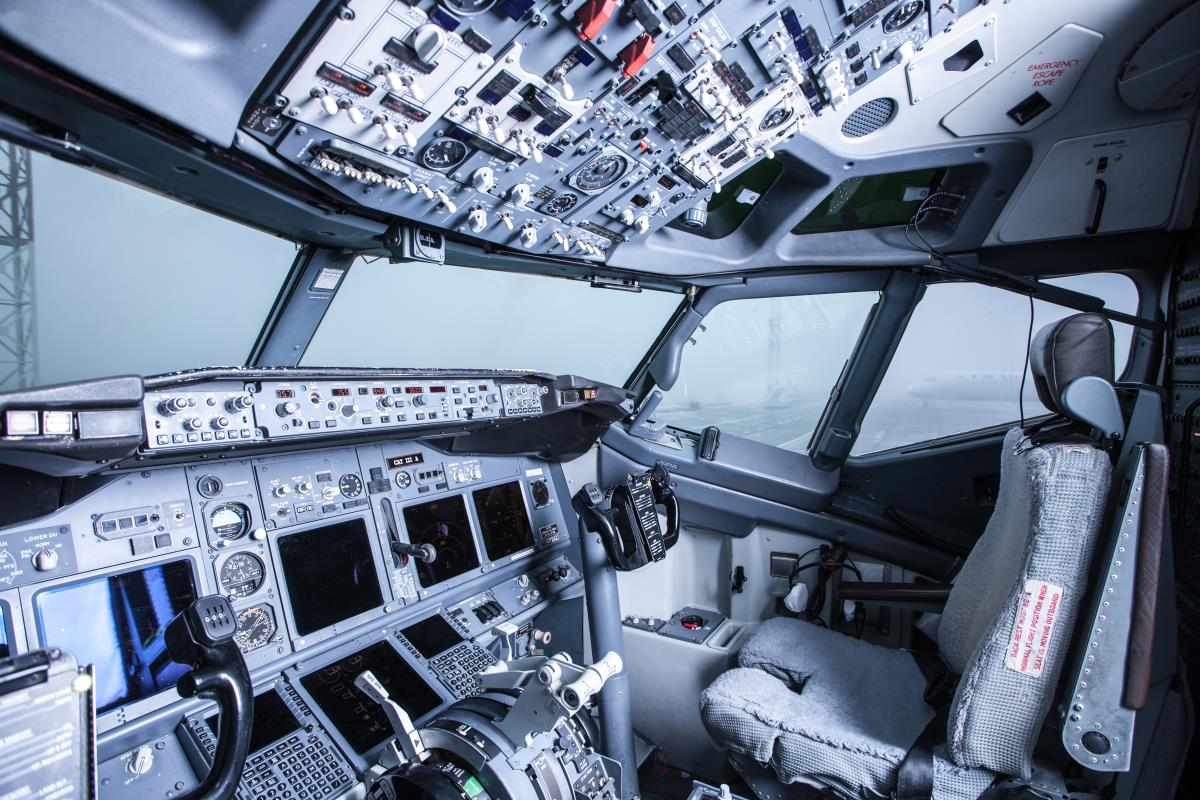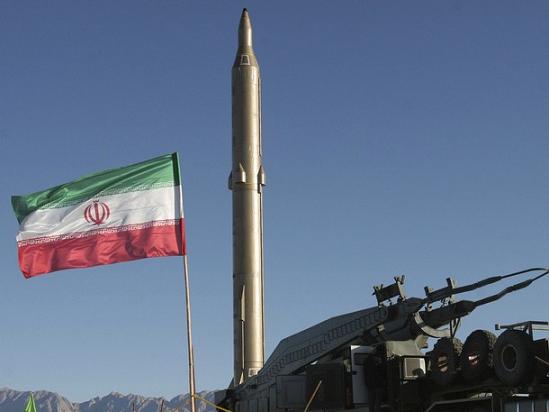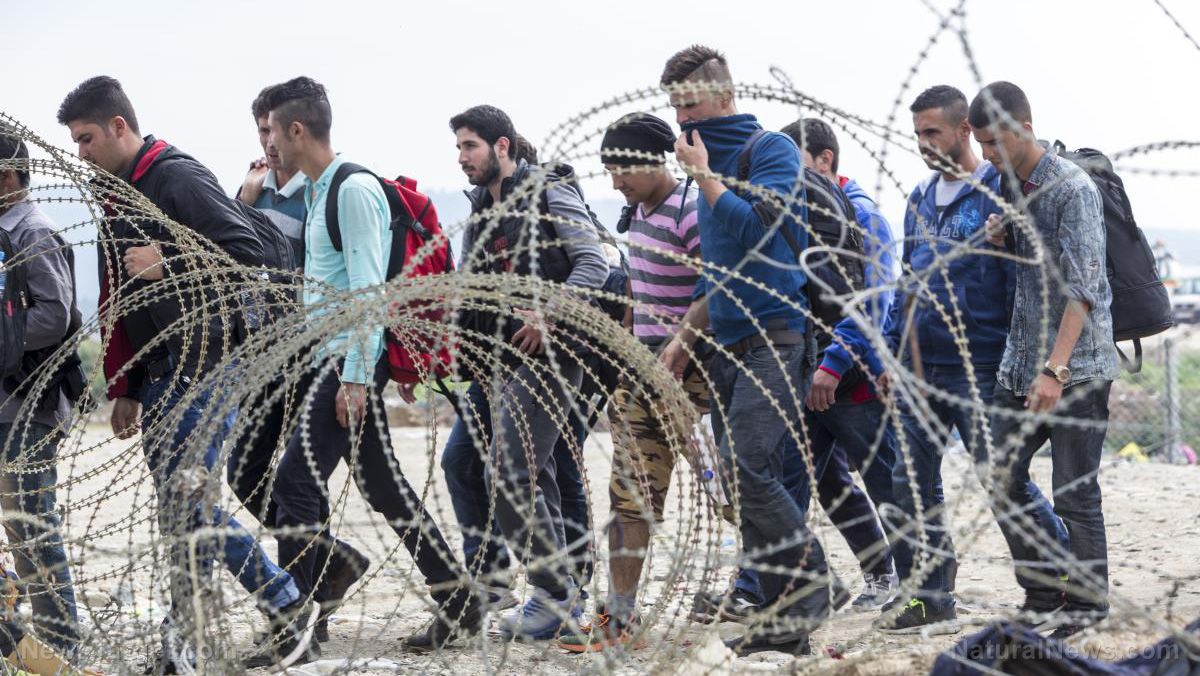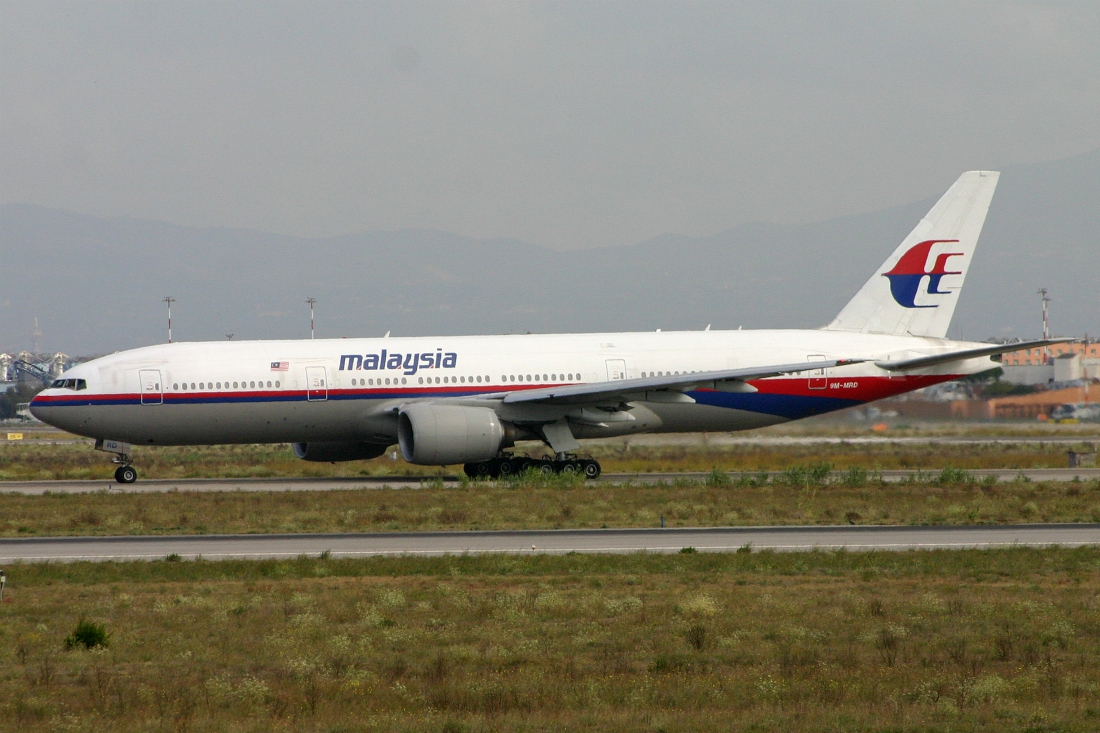Beijing’s shipping firm halts Israel operations despite strong ties with Houthi backer Tehran amid rising Red Sea tensions
01/16/2024 / By Belle Carter
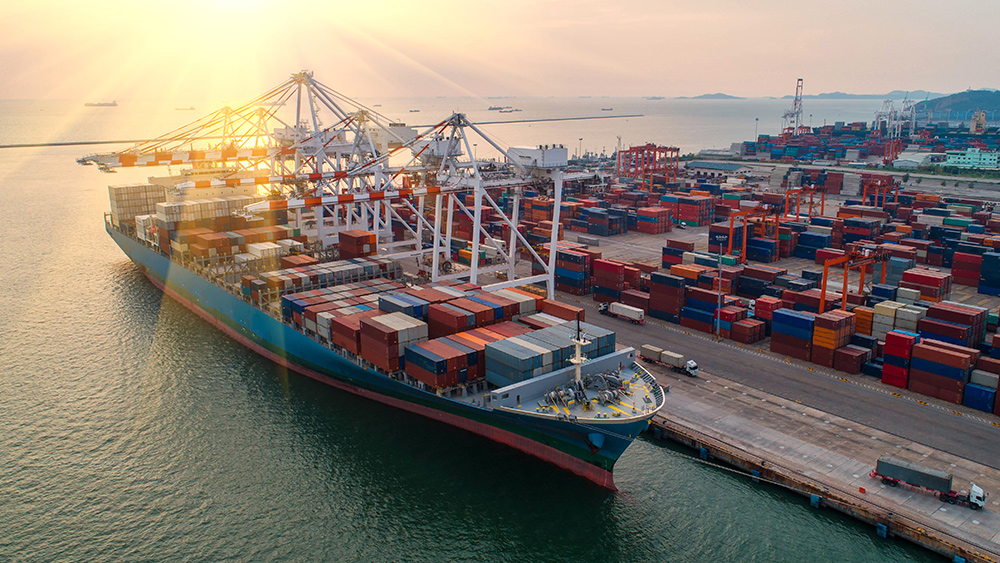
Despite low chances of the Houthis attacking a Chinese vessel, China’s biggest shipping firm COSCO has suspended all shipping operations to Israel. This was reported by Israeli financial news website Globes on Sunday.
The news outlet did not cite any sources for the information and said that COSCO had yet to notify international shippers of its decision. However, the freight company in Israel declined to comment.
The fourth largest container shipping line in the world, with about 11 percent of world trade, decided on this step even though it is not much threatened in the Red Sea because of the East Asian nation’s ties with Iran, the backer of Yemeni Houthi rebels that target vessels in the most important trade route. China is the customer for 90 percent of the oil exported by Iran.
A pointer to COSCO’s decision was the recent announcement by its Hong Kong-based subsidiary OOCL that it was ceasing to sail to Israel because of “operational problems.” That announcement, intended to enable it to sail in the Red Sea without interference by the Houthis, led to wide criticism. In the end, the company caved in, like Singapore-based shipping line ONE (Ocean Network Express). Besides the effect on trade between the Far East and Israel, COSCO’s decision was reported to be significant because it cooperates with Israeli shipping line ZIM, which will have to operate more ships on the Far East routes, which is liable to lead to higher shipping costs since XIM will be short of ships, Globes further wrote. The second direct effect will be on Haifa Bayport, which is operated by another state-owned Chinese company SIPG. The port is dependent on the many COSCO ships that visit it.
The Iran-aligned Houthis have been attacking shippers in the Red Sea since last month in a campaign that they say aims to support Palestinians in the Gaza war. Said attacks have forced many global shippers, including the world’s largest shipping firm Maersk, to suspend journeys, leading to a spike in cargo rates and insurance premiums for shipping firms. (Related: Moscow wins again as Houthi rebels attack Western vessels, while Russian oil tankers freely navigate.)
Meanwhile, Israel’s Transport Ministry on Tuesday said it was trying to clarify COSCO’s decision on the reported halting of shipping to Israel. “The Administration of Shipping and Ports is working with the relevant parties to clarify the Chinese shipping company’s announcement to stop sailing to Israel.”
U.S., 13 other nations warn Houthis against further attacks in the Red Sea
In a joint statement, the governments of the United States, Australia, Bahrain, Belgium, Canada, Denmark, Germany, Italy, Japan, the Netherlands, New Zealand, Singapore, South Korea and the United Kingdom called on the Yemeni militant group to halt the attacks and release the captured vessels and crews.
They said that “the Houthis will bear the responsibility of the consequences should they continue to threaten lives, the global economy and the free flow of commerce in the region’s critical waterways.” The group of nations also called the ongoing attacks “illegal, unacceptable and profoundly destabilizing.” “Let our message now be clear: We call for the immediate end of these illegal attacks and release of unlawfully detained vessels and crews,” the countries said. The said call came amid the continuing attacks by the rebels in the Red Sea, heightening threats to global trade and the stability of the entire region as the intense fighting between Israel and Palestinian militants Hamas in Gaza continues.
To ensure freedom of navigation, the United States has also spearheaded a twenty-country naval task force to protect commercial ships in the Red Sea and the neighboring Gulf of Aden and deployed aircraft carriers to the region.
The Red Sea is one of the most important arteries in the global shipping system with nearly 15 percent of global seaborne trade passing through it, including eight percent of global grain trade, 12 percent of seaborne-traded oil and eight percent of the world’s liquefied natural gas (LNG) trade. Any sustained disruption in trade there could send a ripple effect of higher costs throughout the world economy.
Also, a significant number of companies are already rerouting their ships around South Africa to reduce their risks, representing an additional 10 days to journeys on average, negatively impacting international trade and the costs of freight. France’s CMA CGM, the world’s second-largest shipper by market share, recently announced that it would double its rates for shipping from Asia to Europe.
Meanwhile, Department of Defense officials and analysts argue that the U.S. should go on the offensive against Houthis, citing a track record of deterrence. After said rebels attacked commercial and U.S. military vessels in 2016, Washington responded with strikes of its own, and the Houthis stood down. “If the United States wants to protect freedom of navigation in the Red Sea and its environs, it is going to have to take the fight directly to the Houthis,” said Council on Foreign Relations Senior Fellow Steven A. Cook.
However, such strikes could raise the risk of regional conflict, including with Iran, which has sent its warship into the sea. Unlike in 2016, Houthis are no longer mired in daily conflict with their northern neighbor Saudi Arabia. Every option the West could take therefore has “serious downsides,” the Brookings Institution’s Bruce Jones commented. “Tensions and bad choices abound in the Red Sea but they are also a harbinger of tougher choices and turbulent waters ahead.”
Visit WWIII.news to get updates on the escalating conflict in the Middle East.
Sources for this article include:
Submit a correction >>
Tagged Under:
Bubble, chaos, China, commerce, COSCO, economic riot, Gaza, geopolitical crisis, Houthi, Iran, Israel, Israel-Hamas war, LNG, maritime trade, Middle East, national security, rebel militants, Red Sea, risk, shipping, shipping prices, supply chain, trade, Vessel, vessel attacks, violence, waterways, world war, WWIII, Yemen
This article may contain statements that reflect the opinion of the author
RECENT NEWS & ARTICLES
COPYRIGHT © 2017 COLLAPSE.NEWS
All content posted on this site is protected under Free Speech. Collapse.news is not responsible for content written by contributing authors. The information on this site is provided for educational and entertainment purposes only. It is not intended as a substitute for professional advice of any kind. Collapse.news assumes no responsibility for the use or misuse of this material. All trademarks, registered trademarks and service marks mentioned on this site are the property of their respective owners.




